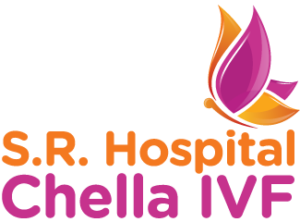Contraception Counselling

Contraception counselling is a process where healthcare providers offer information and guidance to individuals or couples about the different contraceptive options available to prevent unintended pregnancy. Contraception counselling aims to help individuals or couples make informed decisions about the contraceptive method that is best suited for their needs, preferences, and lifestyle. It involves discussing the benefits and potential side effects of various contraceptive methods, as well as their effectiveness, safety, and accessibility.
At Chella IVF, we provide individualised advice on the efficacy, advantages, and possible drawbacks of various contraceptive techniques, including hormonal and non-hormonal choices. We work to enable people to make knowledgeable decisions about contraception using a patient-centred approach, guaranteeing the best possible reproductive health and family planning. We also address any concerns or questions individuals or couples may have about contraception and provide ongoing support and follow-up care.
Treatments
The choice of contraception will depend on various factors, including a woman’s medical history, lifestyle, and personal preferences.
- Hormonal methods: Birth control pills, patches, injections, vaginal rings, and hormonal IUDs are all examples of hormonal contraception. They work by preventing ovulation or thickening cervical mucus to prevent sperm from reaching the egg.
- Barrier methods: Condoms, diaphragms, and cervical caps are all examples of barrier methods that physically prevent sperm from entering the uterus.
- Intrauterine devices (IUDs): IUDs are small, T-shaped devices that are inserted into the uterus to prevent fertilisation. They can be hormonal or non-hormonal.
- Sterilisation: This involves surgical procedures that permanently prevent pregnancy, such as tubal ligation for women and vasectomy for men.
- Natural family planning: This method involves tracking ovulation and abstaining from sexual intercourse during the fertile window.
Advantages
- Effectively prevents unintended pregnancy.
- Allows individuals to plan and space pregnancies according to their preferences.
- Can improve menstrual cycle regularity and alleviate menstrual pain.
- Can reduce the risk of ovarian and endometrial cancer.
- Some forms of contraception can also provide non-contraceptive health benefits such as reducing acne or treating endometriosis.

